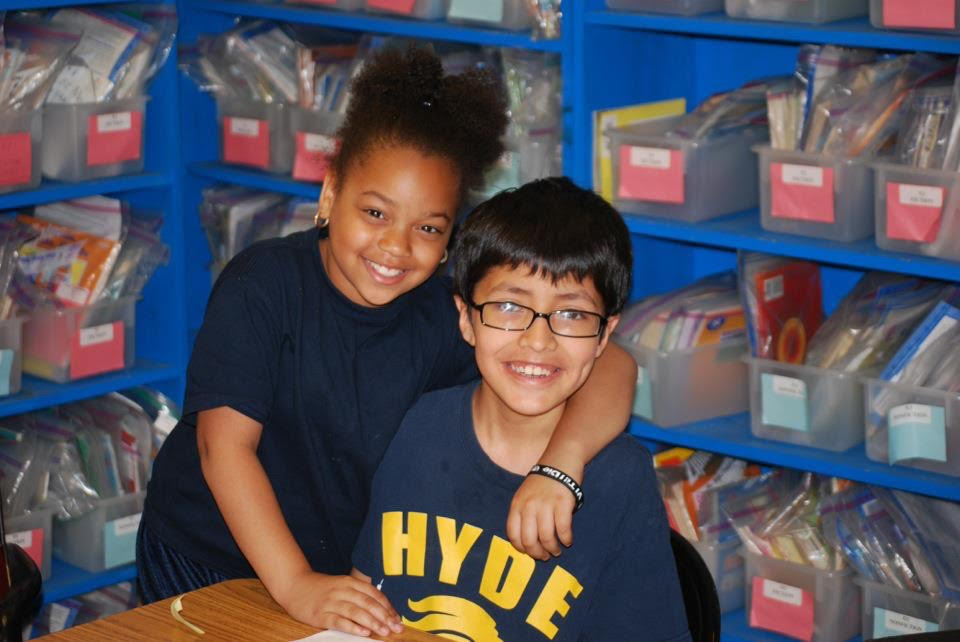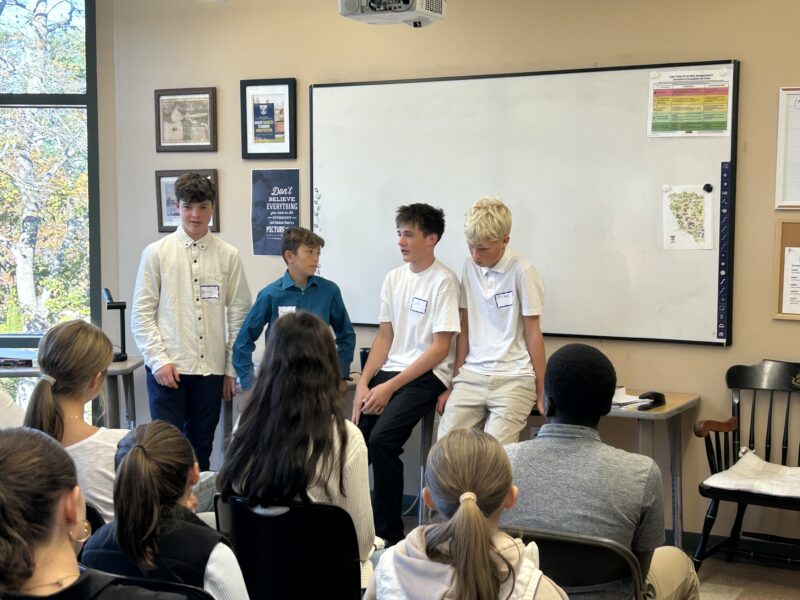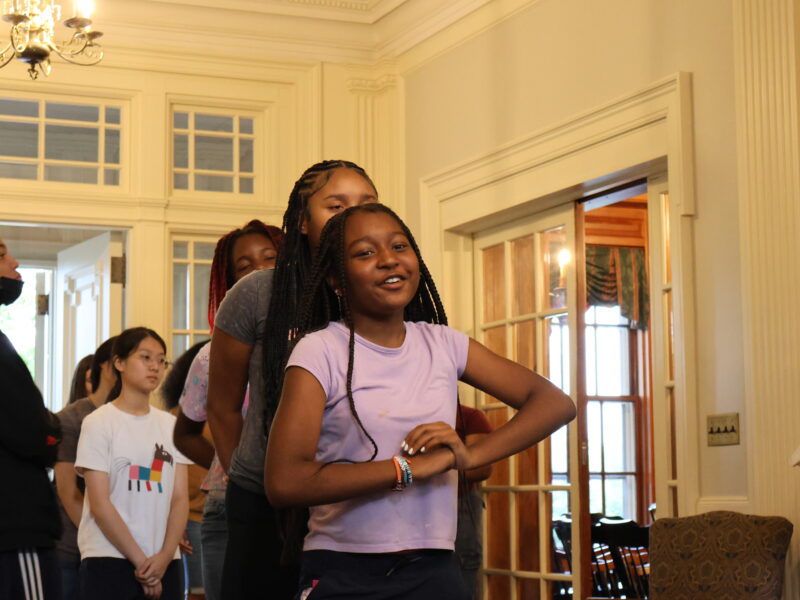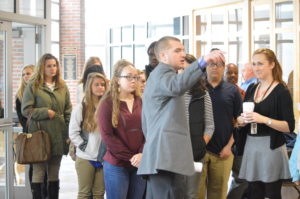
Q: As teachers, we’re already swamped. How is the additional work worth it?
A: Here is another example of where “sharpening the saw” supports the work of the teacher. Discovery Process educators invariably find that time invested in Discovery Group activities pays substantive dividends in the form of more conscientious, considerate, and dedicated students in the classroom.

Q: I trained to teach math, not supervise all this touchy-feely stuff.
A: Nearly every state in the United States has now mandated social and emotional learning (SEL) as a required part of the educational process. A generation or two ago, it was fully acceptable for a student to limit his or her efforts to the singular objective of completing a prescribed menu of academic courses. Today, that narrow set of expectations is no longer deemed sufficient for the student seeking a high school diploma. Why should it be any different for the teacher?
The transition to SEL has placed a higher burden on the teacher — especially our veteran teachers — than the student. Whereas most of today’s students have come of age with SEL already established in their schools, many veteran teachers have had to retool their skill sets. However, given the deeply troubling rise of cyber-bullying and emotional stresses resulting from the explosion of social media options, the accompanying growth of SEL could not be coming at a better time. In fact, in the midst of today’s social media environment, the cost of not reaching out to touch our students in ways that our predecessors might not have could be to lose them to the anxieties of social media’s dark side.
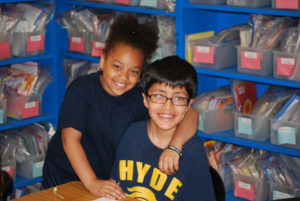
Q: Is it really necessary to begin each day with a daily check-in?
A: Any student who enters the schoolyard gates each morning carries their home life with them. Sometimes that’s a good thing. Sometimes not. When home and school are in sync, the transition from breakfast at home to First Period class is seamless. However, sometimes kids do not get breakfast at all, until they get to school. As one Discovery Process leader says, “Sad to say, but for far too many of our students, that daily check-in with that Discovery Process is the most productive experience they will have each day.”
So, the daily check-in allows all students to start off the day on the same foot, the good foot! Students from dysfunctional families or counter-productive (to say nothing of abusive) home environments get to begin each day surrounded by peers and adults who care about them. Students from loving, functional families have the opportunity to exhibit leadership while internalizing their appreciation for the circumstances of their own home lives. Not only is it a win-win, it only takes 15 minutes!
Onward, Malcolm Gauld
